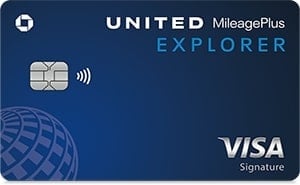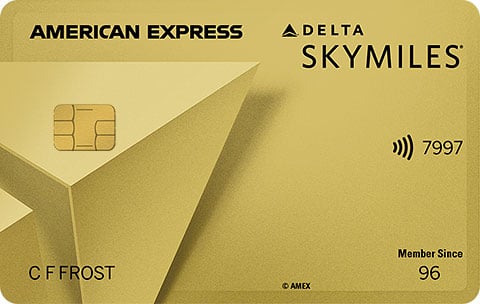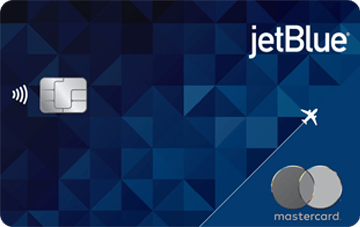Airline Miles vs. Cash Calculator
This calculator makes it easy to see the estimated cash value of airline miles or hotel points.

Many or all of the products on this page are from partners who compensate us when you click to or take an action on their website, but this does not influence our evaluations or ratings. Our opinions are our own.
Let’s say you’re booking a last-minute flight on Delta and you have the option of either:
- Paying $450 cash.
- Paying 30,000 Delta miles + $40 in fees.
Which is the better deal? Should you book that flight with cash or miles? What should you do when booking hotels?
To help answer this common conundrum, we created a point value calculator that pairs our airline mile valuations with your own booking options.
» Learn more: Which travel credit cards give travelers the best value?
Get the 'Cheat Codes' to Cheaper Travel
Unlocking the secret to saving a ton on travel is easier than you think. 📤 Our free newsletter shows you how in 5 min. or less.

Airline miles to dollars calculator
To use NerdWallet's airline miles to dollars calculator, enter the airline award program, cash fare, equivalent award fare and any fees associated with your award fare. Our points and miles to dollars calculator will do the rest.
Keep in mind that our valuations, while based on real-world data, are only estimates for how much miles and points are worth. If the cash and award values are similar, use your best judgment for which option is better for you.
Mile-redeeming whizzes might opt to save miles for better redemptions, but in general, we encourage spending miles rather than saving them because they devalue over time.
How to earn more airline miles
The typical way to earn miles is to fly with the airline, which earns miles based on either the distance flown or the amount spent on the fare. Yet there are many other ways to earn airline miles, including:
- Flying with partner airlines.
- Using shopping and dining programs.
- Using co-branded airline credit cards.
Many airlines offer several co-branded cards, which offer different ways to earn miles as well as other benefits, such as complimentary checked bags. here are some of our favorite cards that earn miles:
Cards for earning airline miles
Annual fee
$0 intro for the first year, then $150.
$99.
$0 intro for the first year, then $150.
$99.
Earning rates
• 5 miles per $1 on prepaid hotels booked through United.
• 2 miles per $1 on United purchases.
• 2 miles per $1 at restaurants and hotels (when booked directly with hotel).
• 1 mile per $1 on all other purchases.
• 2 points per $1 on Southwest purchases.
• 2 points per $1 at gas stations and grocery stores on the first $5,000 in combined purchases per anniversary year.
• 1 point per $1 on all other purchases.
• 2 miles per $1 on purchases made directly with Delta and at U.S. supermarkets and restaurants worldwide (including takeout and delivery in the U.S.).
• 1 mile per $1 on all other eligible purchases.
Terms apply.
• 6 points per $1 with JetBlue.
• 2 points per $1 at restaurants and grocery stores.
• 1 point per $1 on other purchases.
• 1 Mosaic tile per $1,000 spent.
Still not sure?
The bottom line
Airline miles are basically a currency and, like any currency, their value shifts with time. NerdWallet collects thousands of data points each year to determine the value of these miles, which means you don't have to.
That said, the actual value you get from your miles will depend on how you use them. Just because we saw 10,000 American Airlines AAdvantage miles are worth a certain amount doesn't mean you'll actually get that value for a given redemption. You could get more or less.
To view rates and fees of the Delta SkyMiles® Gold American Express Card, see this page.
How to maximize your rewards
You want a travel credit card that prioritizes what’s important to you. Here are some of the best travel credit cards of 2026:
- Flexibility, point transfers and a large bonus: Chase Sapphire Preferred® Card
- No annual fee: Wells Fargo Autograph® Card
- Flat-rate travel rewards: Capital One Venture Rewards Credit Card
- Bonus travel rewards and high-end perks: Chase Sapphire Reserve®
- Luxury perks: American Express Platinum Card®
- Business travelers: Ink Business Preferred® Credit Card
To view rates and fees of the Delta SkyMiles® Gold Business American Express Card, see this page.
Article sources
NerdWallet writers are subject matter authorities who use primary,
trustworthy sources to inform their work, including peer-reviewed
studies, government websites, academic research and interviews with
industry experts. All content is fact-checked for accuracy, timeliness
and relevance. You can learn more about NerdWallet's high
standards for journalism by reading our
editorial guidelines.
Limited Time Only: Earn $1,000 Toward Travel!
Capital One Venture Rewards Credit Card 
Travel

For a limited time, the
Capital One Venture Rewards Credit Card is offering new cardholders an especially rich bonus: Enjoy $250 to use on Capital One Travel in your first cardholder year, plus earn 75,000 bonus miles once you spend $4,000 on purchases within the first 3 months from account opening - that’s equal to $1,000 in travel!
More like this
Related articles











